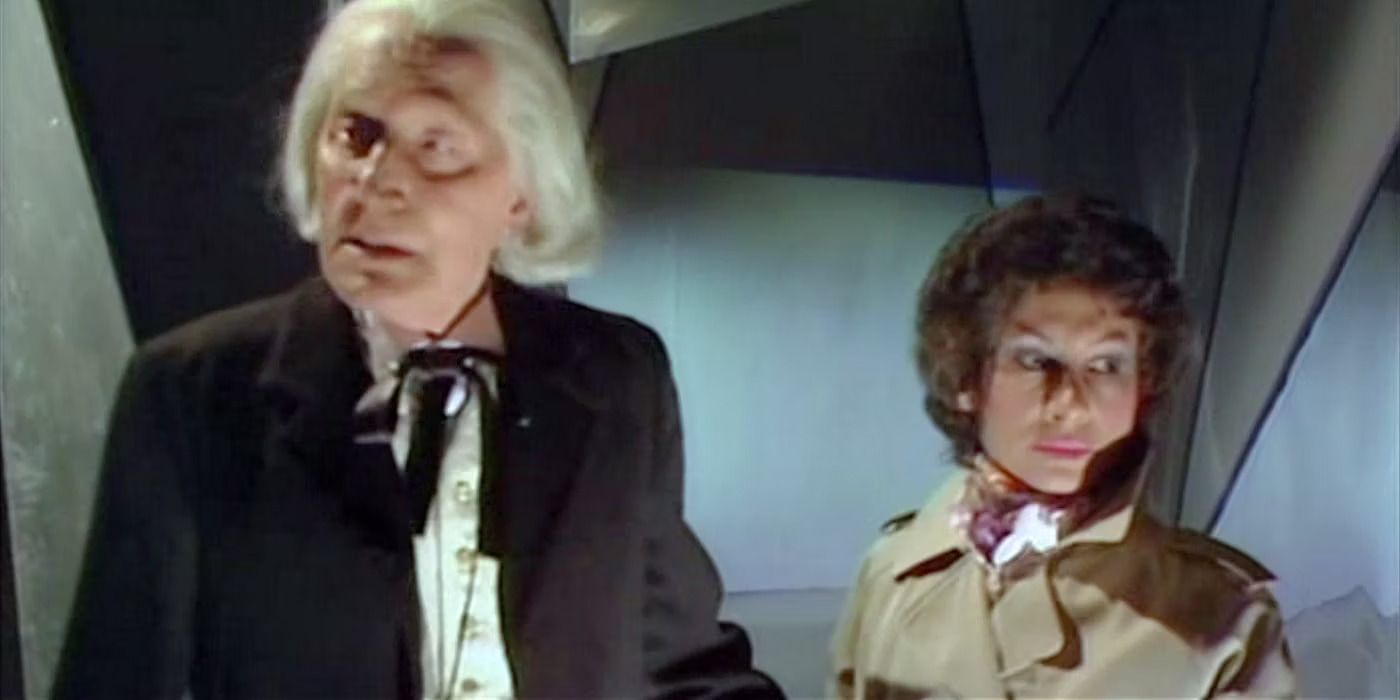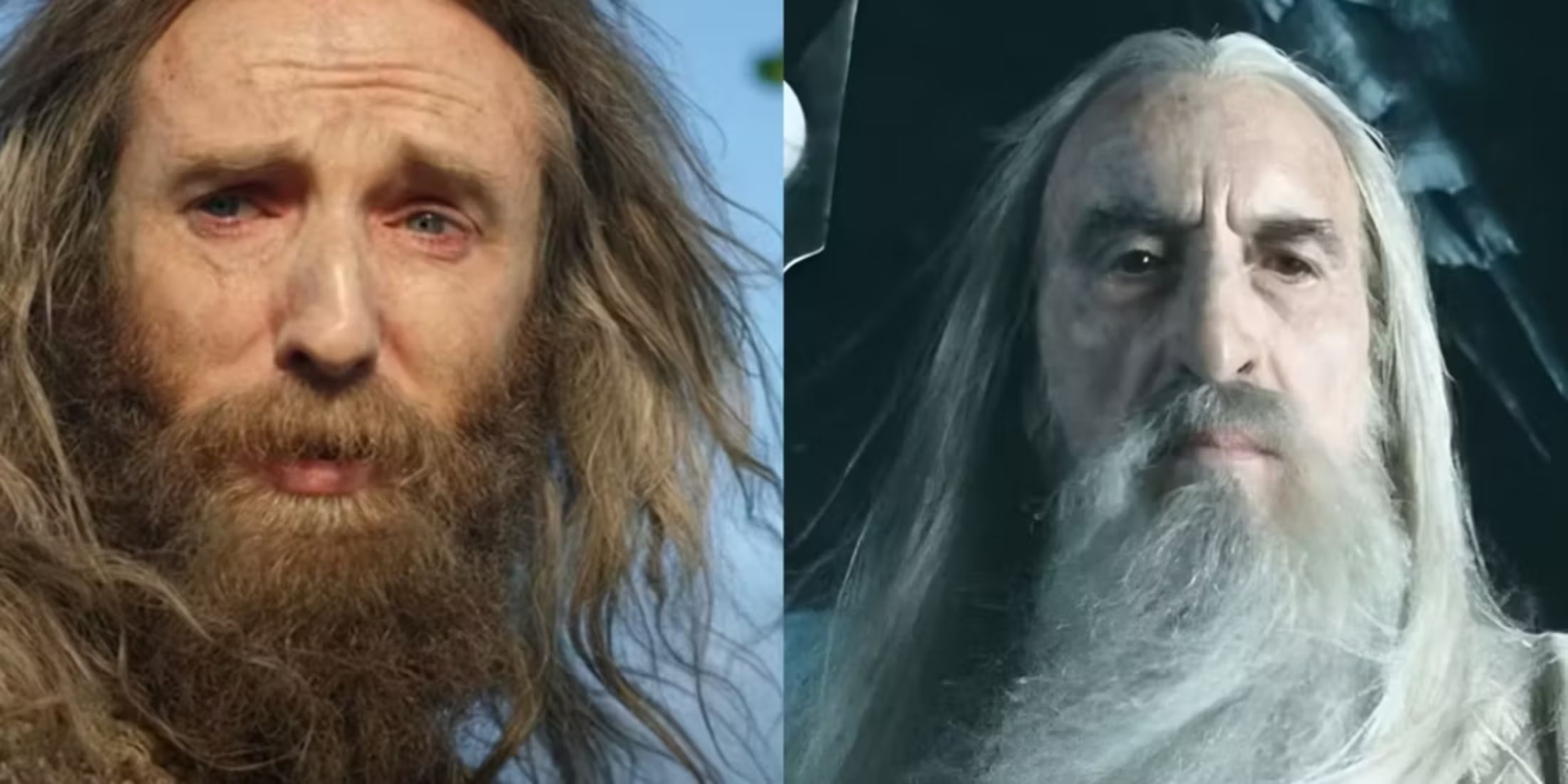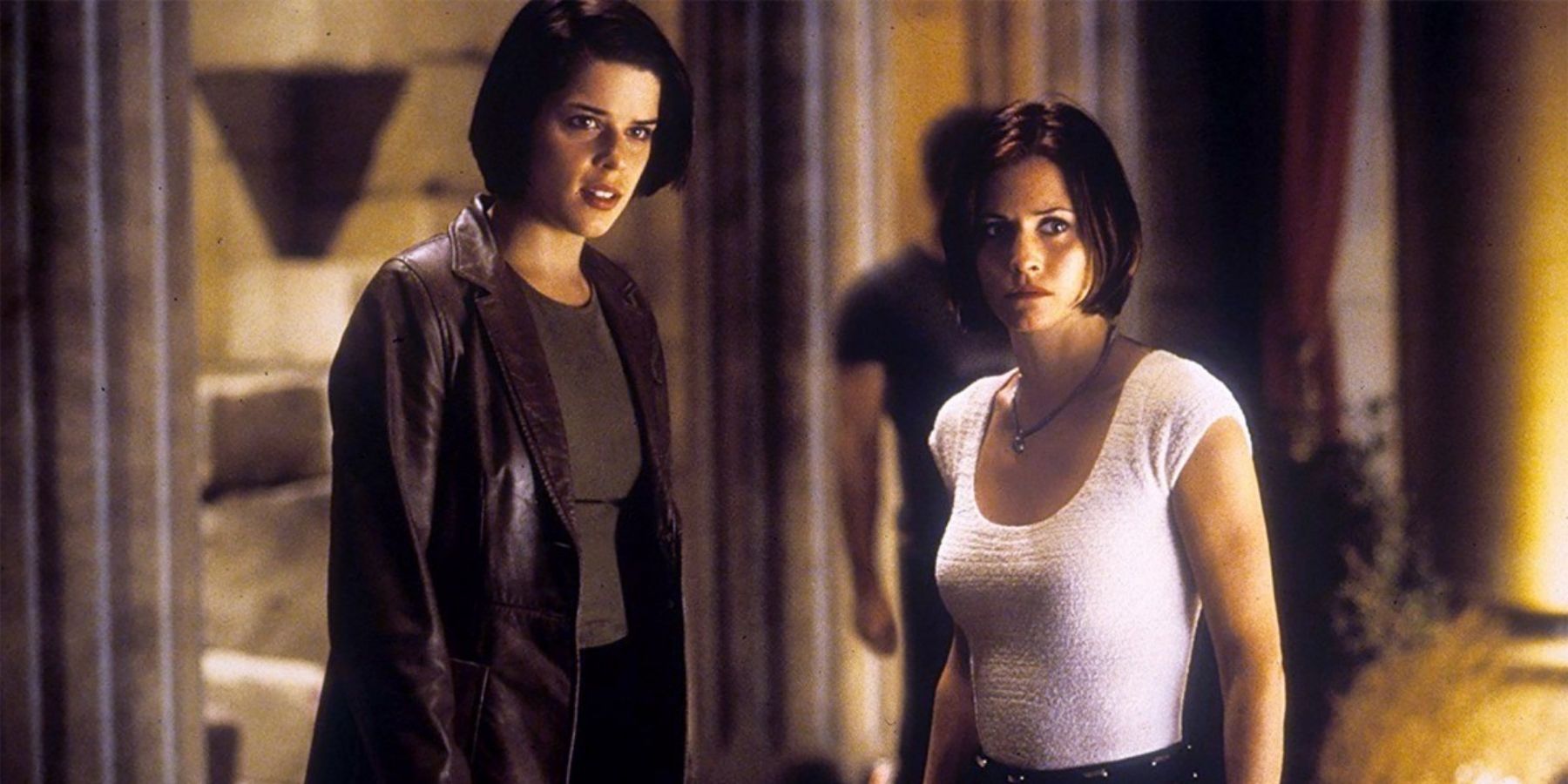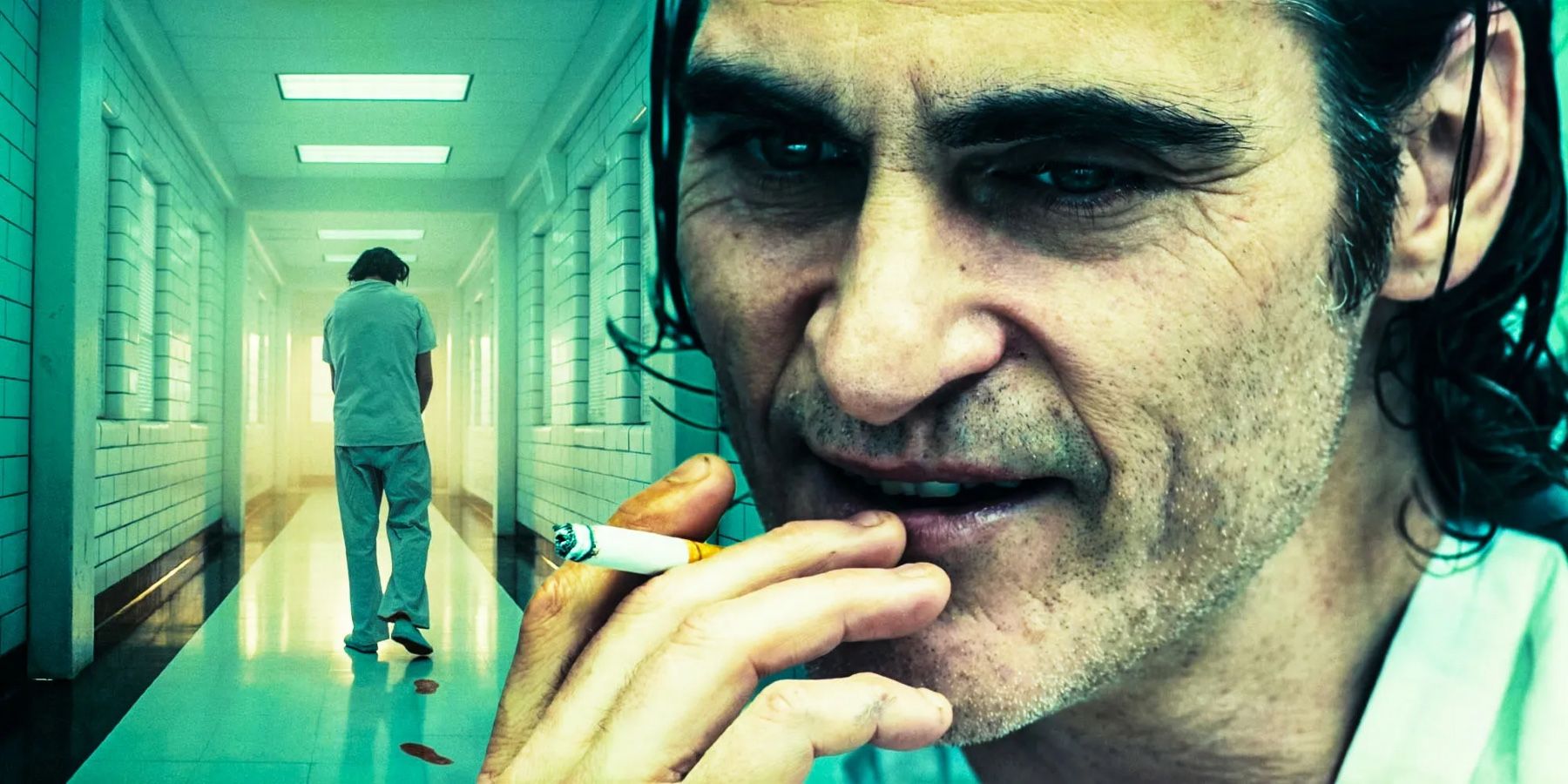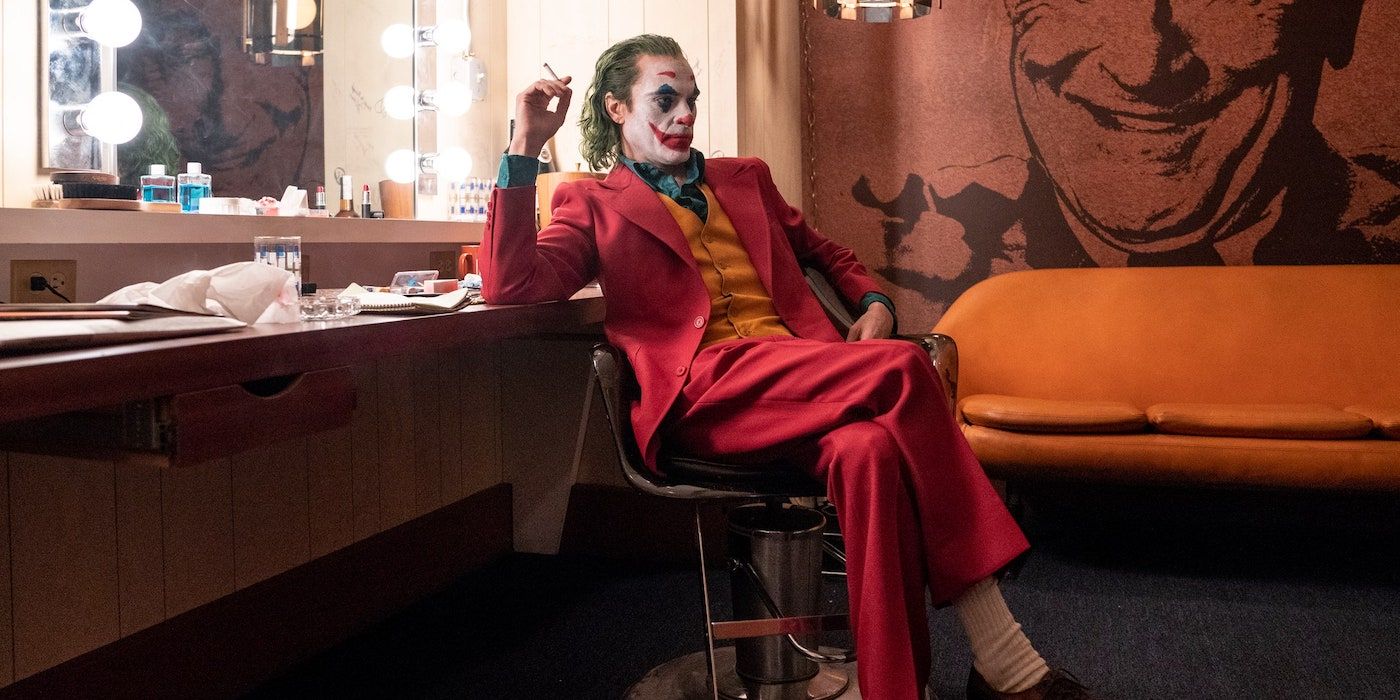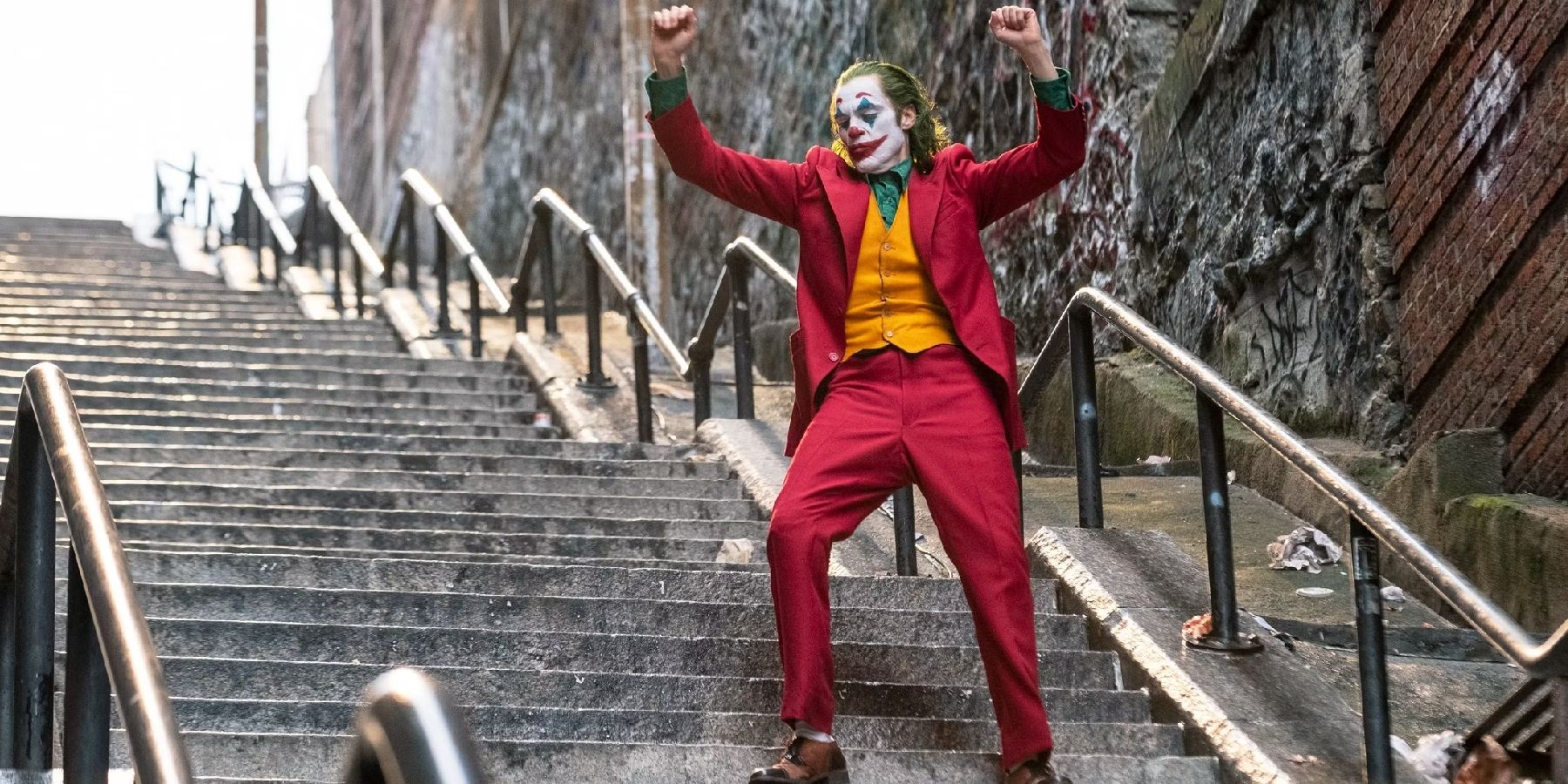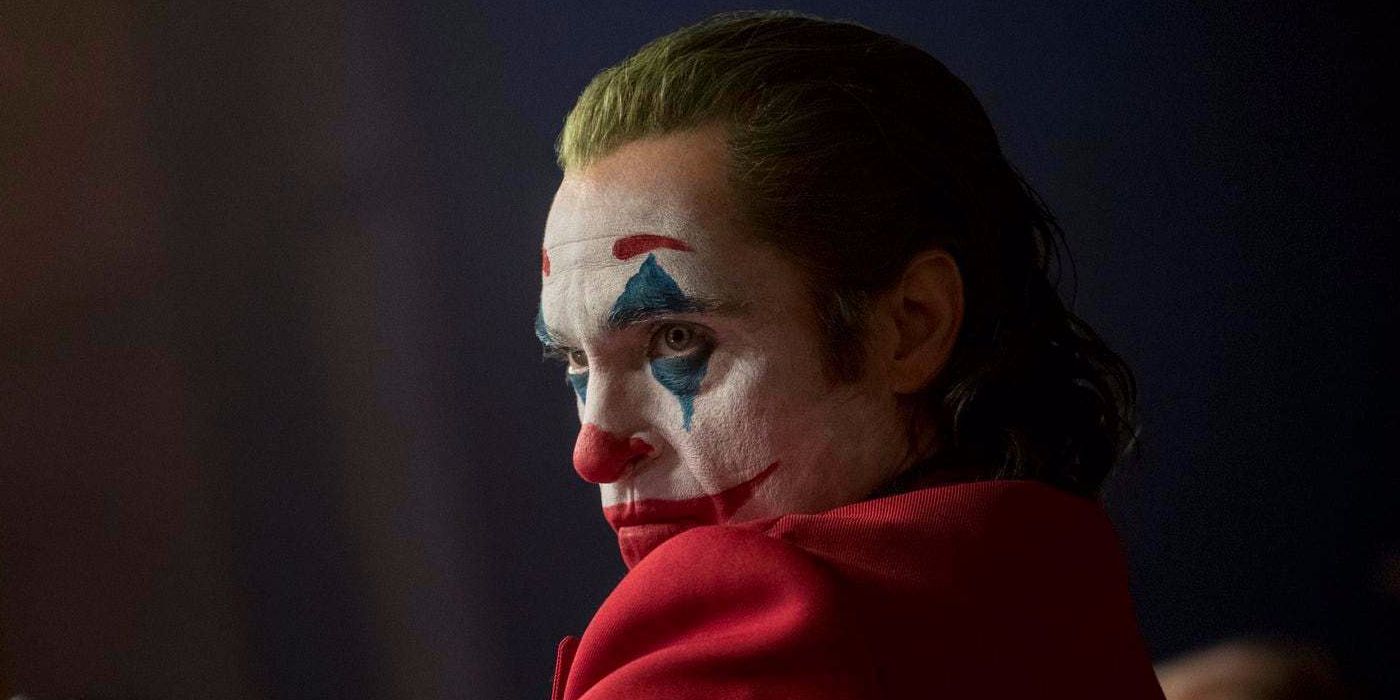Highlights
- The Joker movie exceeded all expectations, with impeccable acting, storytelling, and set designs, making it a splendid origin story of one of the most popular villains in the world.
- The ambiguous ending leaves fans questioning what was real and what Arthur Fleck imagined, with Todd Phillips initially not intending to make a sequel and leaving it open to interpretation.
- The Joker's descent into criminality and transformation into the Joker begins after the betrayal he feels from his mother's lies, prompting him to appear on a talk show and announce his campaign of crime, ultimately sparking riots and cementing his role as a symbol for the working class.
With Joker: Folie a Deux on the horizon, it's time to take a look back at the only comic book movie Todd Phillips ever wanted to make. Fans were torn on whether a Joker movie could work or not, but it's safe to say that everybody is in the same boat now because it exceeded all expectations. From the acting to the story to the set designs, it was a nigh immaculate comic book movie. A splendid origin story of one of the most popular villains in the world. There have been many interpretations of the character, but Joaquin Phoenix made this his own.
However, the ending was a little ambiguous, leaving many fans to question what was real and what Arthur Fleck imagined. Phillips throws events throughout the film into question with the final scenes, leaving many fans to interpret it in their own way. When Todd Phillips originally made the film, he never intended to make a sequel. He expected the movie to speak for itself, so here's one interpretation.
Who is the Joker?
In the world of comic books, there are several Jokers running around Gotham, giving the Caped Crusader a hard time. Comic book writer Geoff Johns created the story of three Jokers, one of which comes from Alan Moore's Batman: The Killing Joke. Johns called this Joker The Comedian - with the other two being The Clown and The Criminal - and most closely aligns with Joaquin Phoenix's Arthur Fleck version of Joker. In The Killing Joke, the Joker was an unsuccessful comedian, much like Arthur.
Arthur Fleck was an amateur stand-up comedian who nobody found funny. He lives in a city where only the strong survive, and there's a clear separation of classes. Arthur suffered through a traumatic childhood that caused his mind to block out the multiple accounts of abuse. He grew up with his (adoptive) mother as his only companion, causing him to long for a meaningful relationship. This made for a relatively empathetic personality. Unfortunately, that empathy stood on a fragile foundation that came crumbling down after Arthur learned his mother lied to him about his parentage.
When Arthur's reality came crumbling down, so did his delusions. Killing three businessmen earlier in the film might have been the beginning of his descent into criminality, but it was arguably self-defense. At least Arthur could rationalize it that way. However, the betrayal he felt from his mom's lies morphed his empathy into rage and a weaponized sense of self-righteousness. Killing his own mother was the birth of the Joker. Without his mother holding him back, Joker was free to reign, prompting him to appear on Murray Franklin's show and announce his campaign of crime.
How Does Joker End?
Gotham walked a tightrope between civility and civil unrest before Arthur ever appeared on Murray Franklin's show. Joker simply became the symbol that the working class needed to unite behind. Arthur admitted to his crimes while Murray questioned him Live on TV and accused the audience of hypocrisy when they reacted negatively to his words. Arthur found himself unable to contain his rage toward Murray any further during a heated debate and the broadcast ended with Joker fatally shooting Murray in the head.
As the police drove Joker away, he watched the protests against Gotham's rich and powerful explode into riots thanks to his appearance on the Murray Franklin Show. Watching the city that failed him descend into chaos brought a smile to his face until an ambulance driven by two Gotham citizens wearing clown masks crashed into the car transporting Joker. Arthur woke from unconsciousness to find that the two clowns pulled him from the wreckage and placed him on the hood of the wrecked police car. A horde of masked rioters surrounded Joker and revered him.
After a brief glimpse of Batman's origin unfolding in the mayhem around the city and the audience sees Joker dancing on the hood of the police car, the screen cuts to black before showing Arthur in a cell. A therapist is with him and she asks about something that's making him laugh. He tells her, "You wouldn't get it." He then proceeds to speak the lyrics to Frank Sinatra's That's Life. These lyrics are telling.
The lyrics Arthur says are: "That's life, and as funny as it may seem/Some people get their kicks/Stompin' on a dream." Arthur must be a person who gets kicks "stompin' on a dream." Whose dream, though? There are several possibilities from Bruce Wayne's dream of a happy life he'll never have after the riots killed his parents, there's Murray Franklin who Arthur killed, and then there's Arthur's own dreams of being a stand-up comedian that he threw away.
Was it all in Joker's Head?
Joker's ending is a bit ambiguous as it cuts to a psychiatrist interviewing Arthur dressed all in white. Most interpret this to be in the aftermath of the riots Arthur influenced. This isn't the first time Arthur finds himself institutionalized, though. Earlier in the film, Arthur mentions a time he spent in a hospital to which his social worker asks him if he gave any more thought about his hospitalization. Arthur essentially shrugs it off before a quick shot shows him dressed in white in a room similar to the one he finds himself in at the end of the movie.
There's a very strong implication that Arthur has imagined a good chunk of the events that took place in the movie. This is further evidenced earlier in the film by his interactions with his neighbor with whom he imagines an entire relationship. The film established him as an unreliable narrator, leaving the audience clueless as to which parts were real and which were imaginary.
With Joker: Folie a Deux coming out, fans might get a definitive answer. It's unlikely that a sequel could occur if the majority of Joker was in Arthur's head unless the events of Joker: Folie a Deux are a figment of Arthur's imagination as well.

